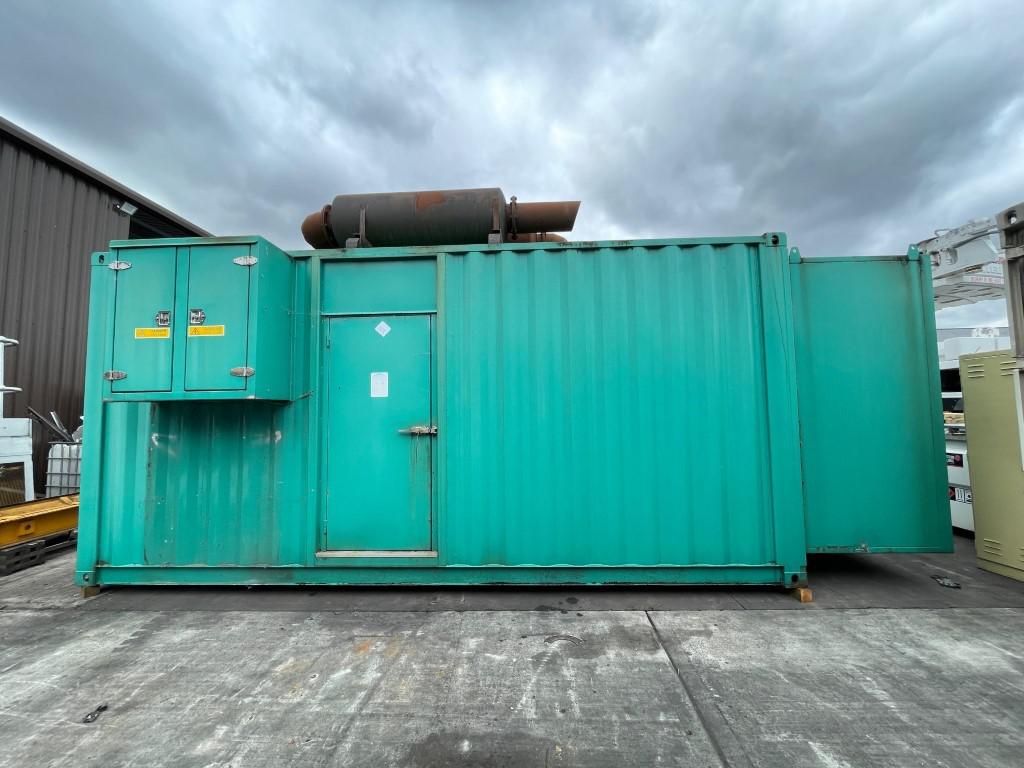Having a ready supply of quality fuel on hand is essential for both standby and prime power generators. In the UK, the Environment Agency and Department for Environment, Food and Rural Affairs regulate the way in which businesses and individuals store their fuel to minimise the risk of pollution incidents and potential fuel ignition.
If fuel leaks from storage tanks into the surface or ground water the impact on environment can be significant. Not only is polluted water hazardous to fish, wildlife, and plants but a spill can also affect the drinking water supply in the UK.
The government has the right to fine or prosecute anyone storing oil inappropriately. The Environment Agency can also serve an “Anti-Pollution Works Notice” to force people to bring their oil storage practices up to standard.
Who do the rules apply to?
The rules come into effect for anyone storing 201 litres or more of oil over ground at their business or in a public sector building, or people storing over 3501 litres over ground at home. The specific rules for generators state that you must follow the government rules if your generator has a connected oil supply tank with a capacity of 201 litres or more, whether it is a generator in daily use where all the oil from the tank is not used in one day or is a ‘stand-by’ generator.
Positioning your diesel container
The location of your over ground diesel storage tank is key to minimizing the risks associated with storing fuels. The tank location should be in accordance with local building regulations and away from driveways, tanker turning circles and forklift truck routes. Where this is not possible the container should be surrounded by barriers and bollards to prevent accidents due to impact. The tank should also be sited away from any sources of ignition and in a cool, dry area.
Bunds and drip trays
Secondary containment is essential for catching any oil spills. Fixed tanks must be bunded, but other types of container can either use drip trays or bunds. A bund will have an impermeable floor and walls, creating a watertight seal around the container so that any spills are contained within the bund itself. Further information of the design standards of bunds and drip trays can be found here.
Oil stored under cover or inside a building must also meet the relevant fire safety requirements under building regulations. The Health and Safety Executive has published guidance on the storage of flammable liquids in tanks here. You can also contact your local council to find out if this applies to your store.
The rules on storing oil underground differ, guidance and good practice information can be viewed here.
It should also be noted that the government has rules in place which differ between the countries of the United Kingdom.
For full information on bunds, filling tanks and how to store oil in the UK view visit the gov.uk website page on oil storage regulations for businesses.
On a global scale, each country has its own set of oil storage laws, so it is essential to check what the rules are in your specific country.





